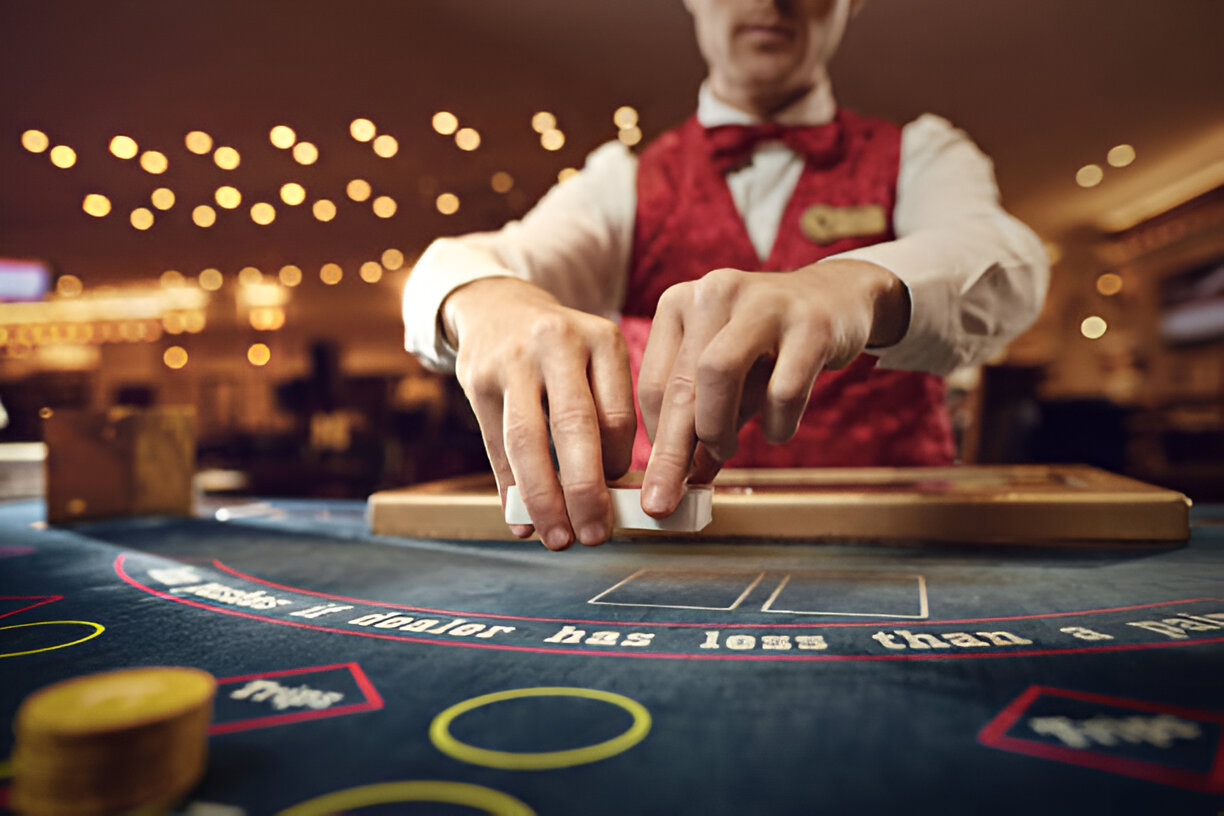Gambling has long been a form of entertainment that spans cultures and continents, offering the allure of quick rewards and the thrill of uncertainty. However, the excitement can often blur the line between healthy recreation and financial risk. As the popularity of online and in-person gambling continues to rise, understanding how to gamble responsibly has become more important than ever.
The Psychology of Risk and Reward

At its core, gambling engages the brain’s reward system. The anticipation of a win releases dopamine, a neurotransmitter associated with pleasure and motivation. This chemical response is part of what makes gambling so enticing—and potentially dangerous.
When people chase losses or rely on wins to validate self-worth, gambling can escalate from a pastime into a compulsion.
Understanding the psychology of gambling is crucial. Most games, whether in a casino, online platform, or sports betting environment, are designed with a house edge—a mathematical advantage favoring the operator. While short-term wins are possible, long-term profitability is rare. The illusion of control and the randomness of outcomes create a compelling but deceptive experience.
Budgeting: The First Line of Defense
The most effective way to gamble responsibly is to establish and adhere to a strict gambling budget. It should be a sum of money that you can afford to lose—disposable income that, if lost, will not affect your ability to pay bills, buy groceries, or meet financial obligations.
One way to maintain discipline is by using pre-commitment tools offered by many gambling platforms. These tools allow you to set deposit limits or time restrictions before placing a single bet, helping you avoid impulsive overspending.
Another effective strategy is to use a separate bank account or digital wallet exclusively for gambling funds. It creates a clear boundary between entertainment spending and essential finances.
Additionally, it’s helpful to track your gambling activity regularly. Maintaining a journal or using budgeting apps can provide insights into your habits and ensure that you stay within your self-imposed limits.
By setting financial boundaries before gambling begins, you are far more likely to walk away with your finances intact, regardless of the outcome.
Recognizing Red Flags of Problem Gambling
Not all gambling behavior is problematic, but certain patterns are warning signs. Knowing what to watch for can help you—or someone you care about—identify a shift from recreation to risk.
Common indicators include:
- Chasing losses: Increasing bet size to recover past losses often leads to a downward spiral.
- Borrowing money: Using credit cards, loans, or borrowed funds to gamble suggests that gambling has exceeded one’s financial means.
- Neglecting responsibilities: Missing work, skipping bills, or ignoring family duties because of gambling is a serious red flag.
- Emotional volatility: Feelings of guilt, anxiety, or anger tied to gambling experiences are often signs of underlying issues.
When any of these behaviors emerge, it’s important to pause and seek help. Numerous support systems are available, including gambling hotlines, therapy, and online support groups.
Responsible Gambling Practices
The concept of responsible gambling promotes self-awareness and self-regulation. Whether gambling occasionally or more regularly, following best practices can significantly reduce harm.
Setting time limits is one of the most effective strategies. In gambling environments—especially online or in casinos—time can pass unnoticed, making it easy to spend more time (and money) than intended. Establishing a fixed time window for play helps maintain balance. It’s also important to avoid gambling when emotionally compromised.
Gambling while tired, upset, or under the influence of alcohol or drugs can impair judgment and lead to poor decisions. Only gamble when you’re in a clear, rational state of mind. Equally important is maintaining a realistic perspective on the purpose of gambling. It should be treated as an entertainment expense, not a way to earn income or solve financial problems.

Finally, learning to walk away is vital. Whether you’re ahead or have lost, knowing when to stop and celebrating your ability to quit is a mark of discipline and control.
Responsible gambling isn’t about winning or losing—it’s about engaging with the activity in a way that aligns with your values, priorities, and well-being.
Conclusion
Gambling, when approached mindfully and within limits, can be an enjoyable form of entertainment. However, the line between fun and financial harm is thin and can be crossed easily without proper awareness. Staying within your means is not about limiting enjoyment, but about ensuring that gambling remains a choice, not a compulsion.










